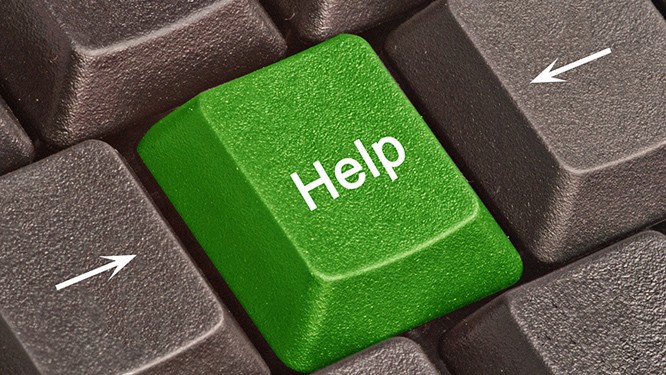

If you google, "suicide hotline Pakistan" not a single phone number will appear. Unlike many Western countries, Pakistan government does not provide a national suicide prevention hotline where people can call and seek confidential support regarding their mental health issues which may lead to suicide.
"A suicide hotline is a sudden cry of help; it is like going to the ER (emergency room) if you are hurt," says Sualeha Siddiq Shekhani, lecturer at Center of Biomedical Ethics and Culture, Sindh Institute of Urology and Transplantation (SIUT) in Karachi.
Lack of a governmental hotline facility has opened room for non-profit and other civil society organisations to step up and create this facility.
Fazal Wahid, Islamabad-based Chief Executive Officer of Lifeline Pakistan, an addiction and psychiatric treatment center that provides rehabilitation services and psychiatric help, has given his personal number on the website as a helpline facility. "Suicide is becoming a national threat, it is a blind spot in Pakistan, that is why I have given my personal number here," he says.
Aman TeleHealth, an initiative of Aman Foundation based in Karachi, also has a helpline which caters to people with mental health issues. "We receive around 5000 calls annually from people that are seeking some sort of counselling related to mental health issues," says Dr Kiran Asif, Manager of Operations at Aman TeleHealth.
Also read: Editorial
The question arises that if the government provides a suicide hotline for people, will it help the issue? Dr Murad Moosa Khan, President of International Association for Suicide Prevention (IASP) and Professor of Psychiatry at the Aga Khan University in Karachi, explains that providing the public with a suicide hotline number is highly unlikely to solve the suicide issue. He emphasised on the need of a holistic programme, which includes risk assessment which is linked to a proper treatment facility along with the hotline facility to fully tackle the issue of suicide.